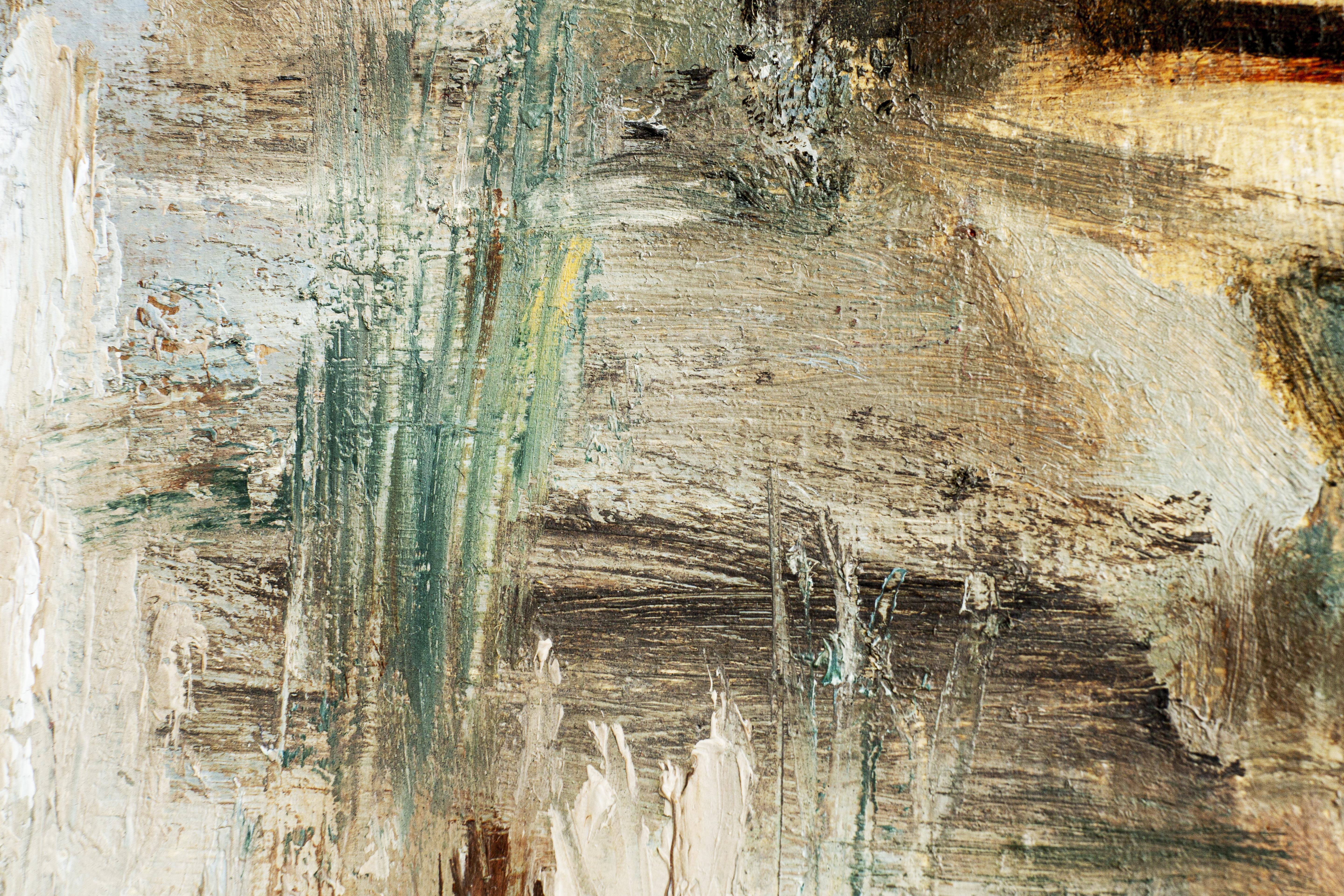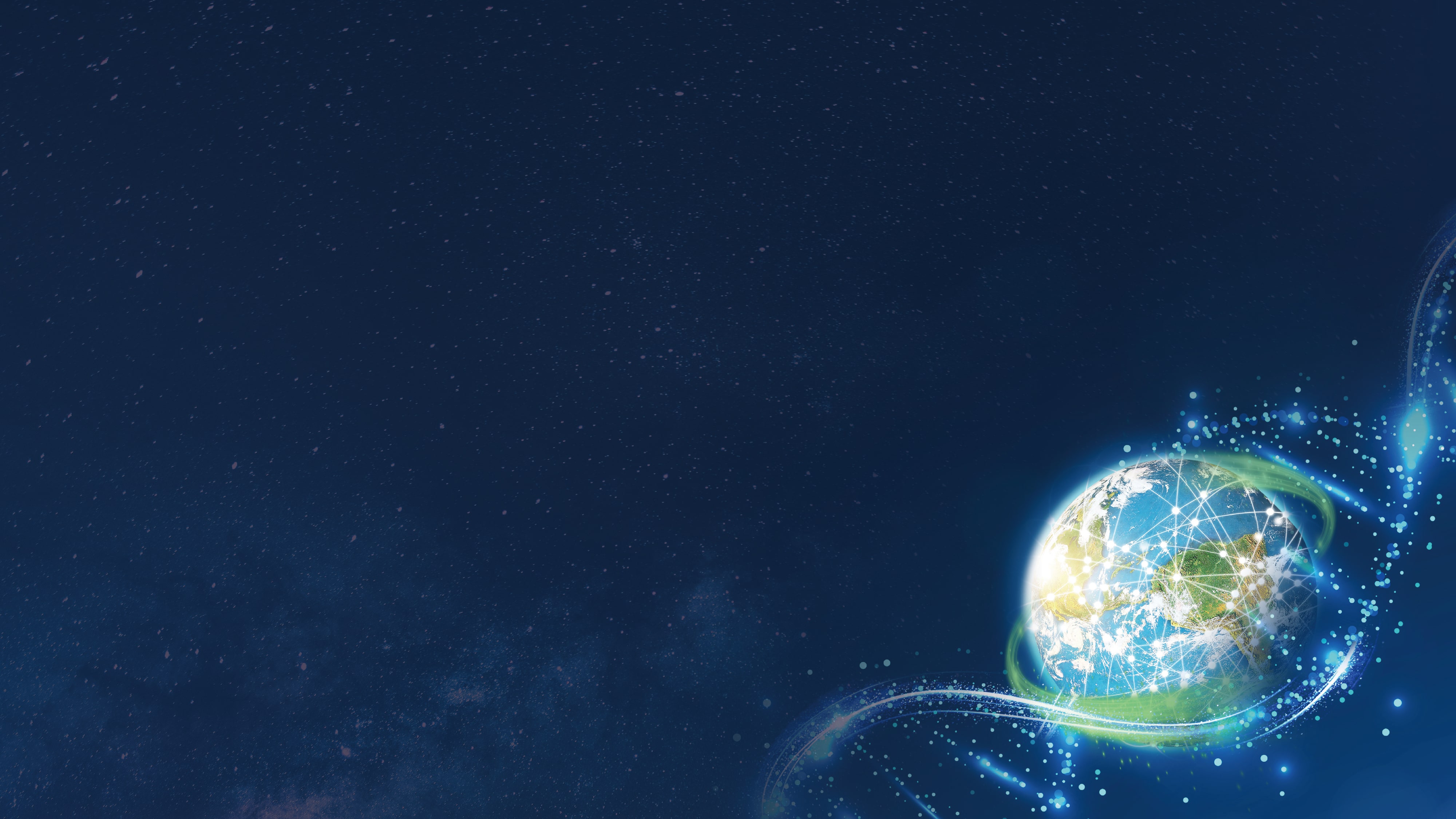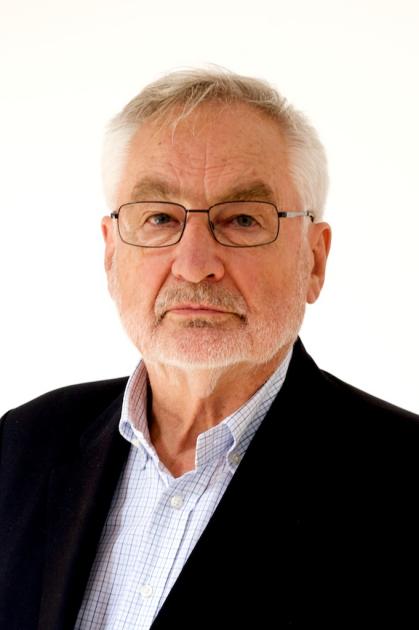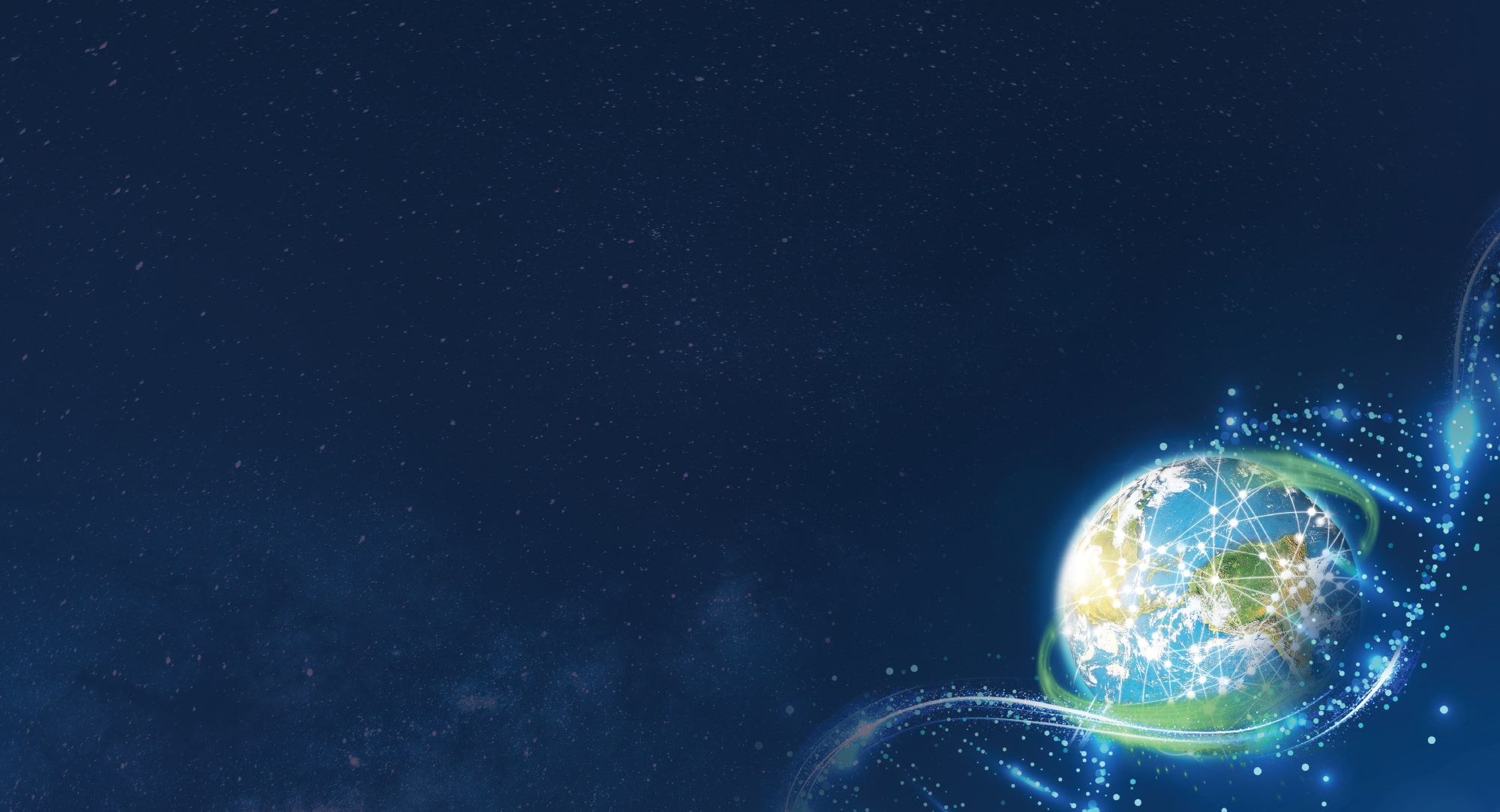We agree and acknowledge that our images, photos and videos taken during The Online Winter School 2021 may be used in promoting the future University for Life and Peace, or within Ling Jiou Mountain Group or any future non-commercial purposes.
The Human Science Centre of University of Munich, Germany and
The University for Life and Peace Preparatory Office, Taiwan
We do know that the ecological crisis may end up as a disaster for human life on earth. We do have strategies and technological developments which might solve some major problems or minimize some of the worst consequences at least. But we hardly do act. Why? And who is “we”? Can we blame the governments only? Is human inertia a major problem? Or fear to change? What would be resources for decision making, individually and collectively? What does it mean for the institutional levels, and which kind of institutions are being challenged here? What is the difference between institutional and individual decision making? Action is urgent: How do we come to decision that will be made fast enough? What are appropriate and working motivations? What is the relationship between incentives and decision making? Which kind of incentives are useful to stimulate creativity and readiness for needed transformation?

Each one would give an Impulse of 30 minutes followed by discussion among each other under my moderation; afterwards students would come in.

Furthermore, we will organize 3 student groups working on practical ecological issues (such as Water Management, Energy Management, City Planning etc.). They will meet (under the guidance of the three research moderators/facilitators) before and in between the lecture dates and prepare implementation projects under the questions and answers received form the lectures.

The guiding methodological framework for the development of the group-led projects is developed by STRIDE learning and is - among other institutions - also applied at the ETH Sustainability Startup Seminar.
Dr. Anais Sägesser, co-founder of STRIDE, will introduce different methodological steps and the overall framework over the course of the winter school with succinct inputs of 15 Min. on 3 days.
3 x 15 Min each
All exercises will be directly related to our role in decision making processes for the ecological transformation.

During the final day students would present the results of the three Groups and would discuss it altogether. Those who want a certificate write a paper. The student leaders for the Groups would be:
In addition, we would invite some Professors as observers who could come in during these days and join us online and discuss with us:


.jpg)
We agree and acknowledge that our images, photos and videos taken during The Online Winter School 2021 may be used in promoting the future University for Life and Peace, or within Ling Jiou Mountain Group or any future non-commercial purposes.

Date: 2021 Jan 22, 23, 29, 30
Mode: Online Zoom meeting room